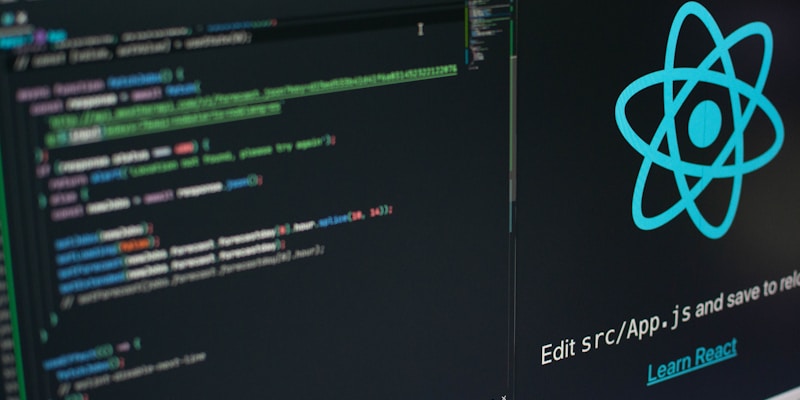
Getting Started with React Hooks: A Complete Guide
Learn how to use React Hooks effectively in your applications. From useState to custom hooks, we cover everything you need to know.
Introduction to React Hooks
React Hooks revolutionized how we write React components by allowing us to use state and other React features in functional components. In this comprehensive guide, we'll explore the most important hooks and how to use them effectively.
What are React Hooks?
Hooks are functions that let you "hook into" React state and lifecycle features from function components. They were introduced in React 16.8 and have become the standard way to write React components.
The useState Hook
The useState hook is the most commonly used hook. It allows you to add state to functional components:
import React, { useState } from 'react';
function Counter() {
const [count, setCount] = useState(0);
return (
<div>
<p>You clicked {count} times</p>
<button onClick={() => setCount(count + 1)}>
Click me
</button>
</div>
);
}The useEffect Hook
useEffect lets you perform side effects in function components:
import React, { useState, useEffect } from 'react';
function Example() {
const [count, setCount] = useState(0);
useEffect(() => {
document.title = `You clicked ${count} times`;
});
return (
<div>
<p>You clicked {count} times</p>
<button onClick={() => setCount(count + 1)}>
Click me
</button>
</div>
);
}Custom Hooks
Custom hooks allow you to extract component logic into reusable functions:
import { useState, useEffect } from 'react';
function useCounter(initialValue = 0) {
const [count, setCount] = useState(initialValue);
const increment = () => setCount(count + 1);
const decrement = () => setCount(count - 1);
const reset = () => setCount(initialValue);
return { count, increment, decrement, reset };
}Best Practices
- Only call hooks at the top level of your React functions
- Only call hooks from React functions or custom hooks
- Use the ESLint plugin for hooks to enforce these rules
- Extract complex logic into custom hooks for reusability
Conclusion
React Hooks provide a powerful way to use state and other React features in functional components. They make your code more readable, testable, and reusable.
Tags
About Aman Giri
Software Developer with MBA in IT and International Business. Passionate about sharing knowledge and helping developers grow their skills through practical, real-world examples and tutorials.
Related Articles


Want More Content Like This?
Subscribe to our newsletter and get the latest tutorials, tips, and insights delivered straight to your inbox.